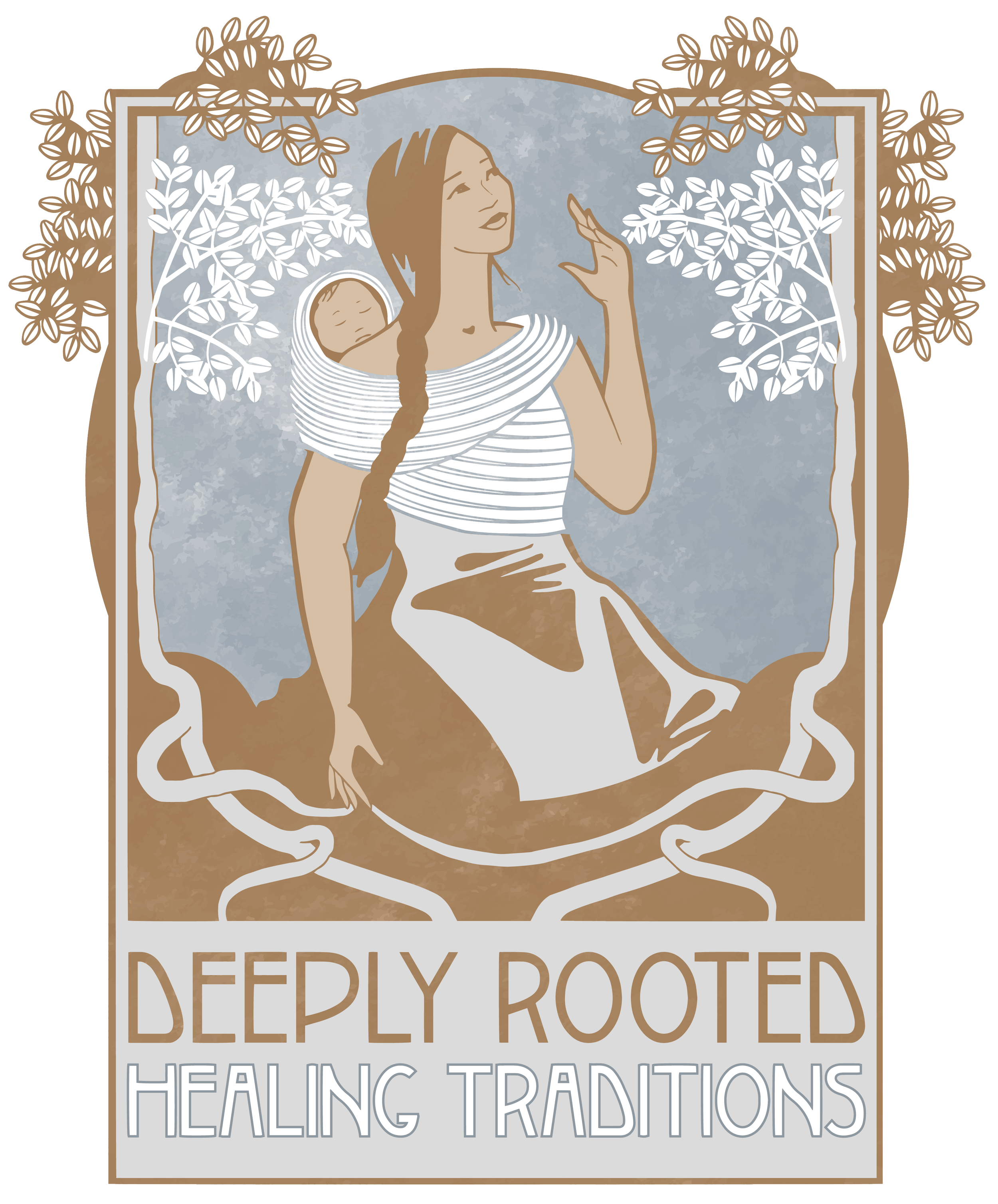The Postpartum Period. The Fourth Trimester.
This important period of time is known by many names around the world: Ansei in Japan, La Cuarentena in Latin America, Zuo Yuezi in China, Samchilil in Korea, Pantang in Malaysia among many others. Regardless of what it is called, cultures around the world recognize the importance of the postpartum period; a time of rest, healing, and even reinvigoration and strength when new mothers are given the time and care they need.
While most of us are no longer born into communities that provide sacred wisdom, traditions & support during the postpartum period, it remains our birthright. The wisdom of our ancestors lies dormant within the walls of our bodies, and a rekindling of their loving traditional practices has the potential to not only rejuvenate the bodies and souls of new mothers, but also to positively affect generations to come.
The 5 Essentials of Postpartum Care
1. A long period of rest
For 40 weeks, a woman’s body has gradually adapted and transformed to accommodate her budding offspring. Upon the birth of that offspring, it is only logical, and extremely necessary, that the woman be given time to rest and allow her body to recover. This can be a difficult thing to achieve without postpartum care, as so much pressure is placed on women to continue “doing it all” for their families, homes, and often careers soon after giving birth.
2. Nutrient-dense foods
Throughout a woman’s pregnancy and postpartum period, the body prioritizes the nourishment of the newborn over that of the mother. While important biologically and for the survival of our species, this fact can leave postpartum women feeling depleted and lacking in the nourishment vital to their healing, strength, and spirit. INNATE postpartum care ensures that the mother’s nourishment is prioritized along the nourishment of her newborn, not left to chance or the well-meaning (but at times nutrient-light) generosity of others. Traditional, nutrient-dense foods are essential.
3. Body Work
The right body work can jump-start recovery, heal psychological and physical trauma, and reinvigorate the body and spirit of a woman during the postpartum period. Body work such as belly binding and abdominal and uterine massage can gently move the uterus back into place as well as activate the lympatic system. Other treatments, such as craniosacral therapy, can restore the balance of the autonomic nervous system and coax the body away from the sympathetic and parasympathetic responses that can be triggered by birth. In the case of craniosacral therapy, both baby and mother can benefit from and receive this treatment, as the baby’s nervous system is still very much dependent on that of the mother.
4. Body Warmth
It has been said that after birth a woman’s body can feel a bit like a house with all of the windows open. While this sensation isn’t universal, the need for body warmth in the postpartum period is.
5. Community
While Western society emphasizes individualism and independence above all, community remains an essential need of postpartum women. Feelings of isolation, helplessness and uncertainty are far too common and can be (mostly) alleviated by having knowledgeable and loving care during the postpartum period.





